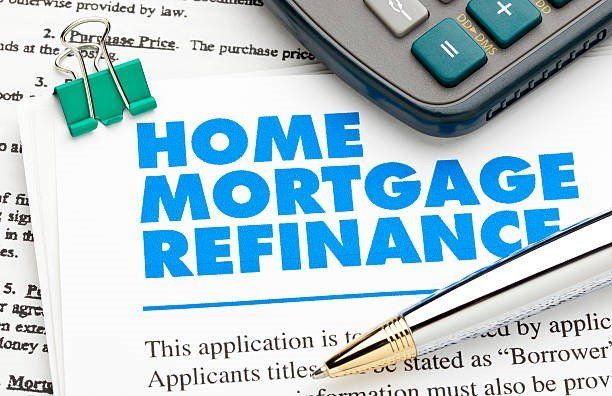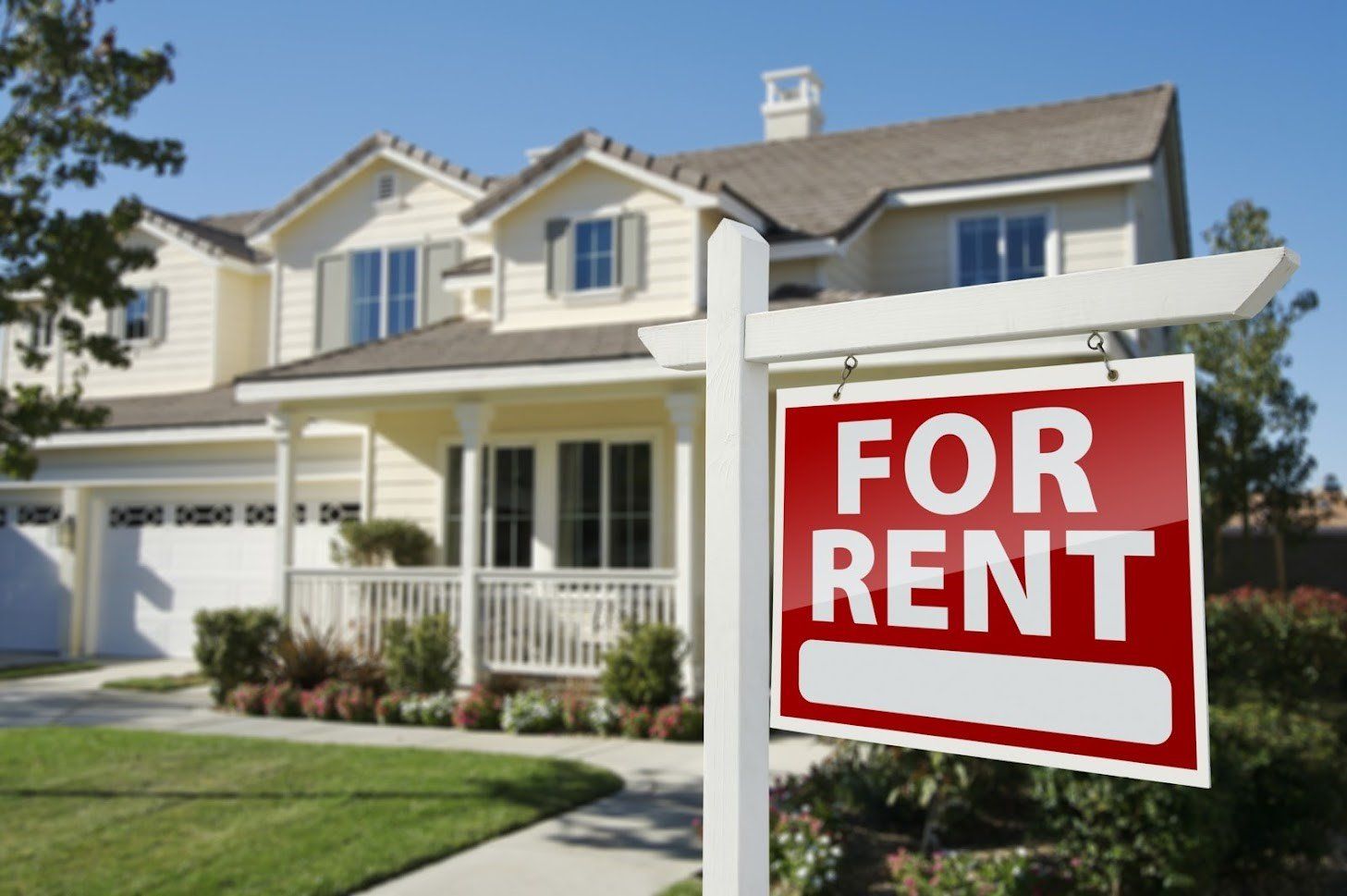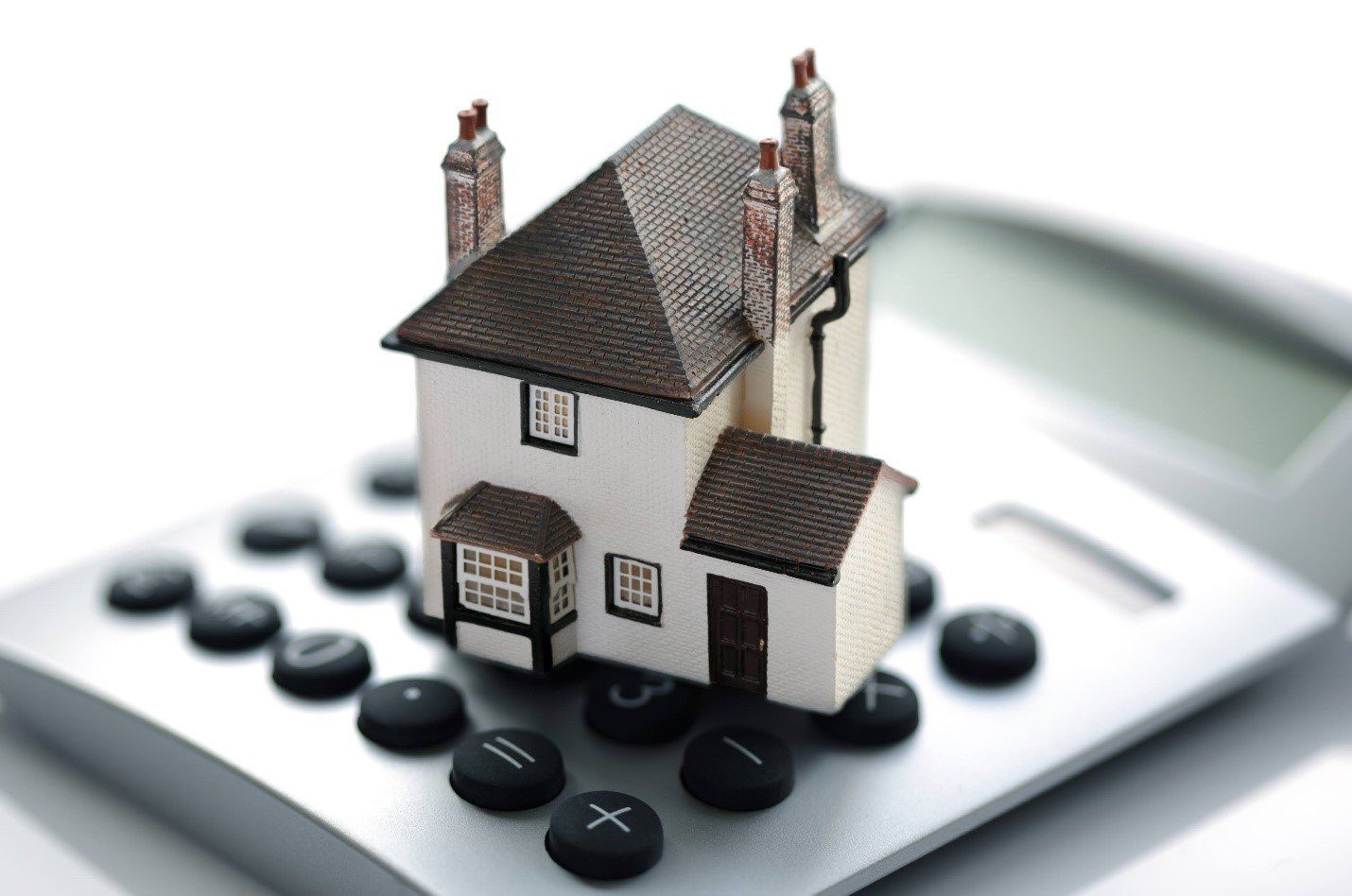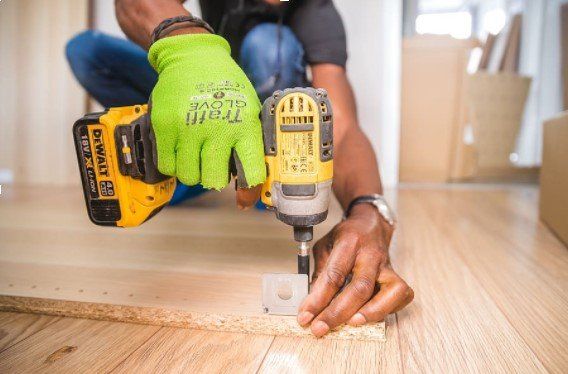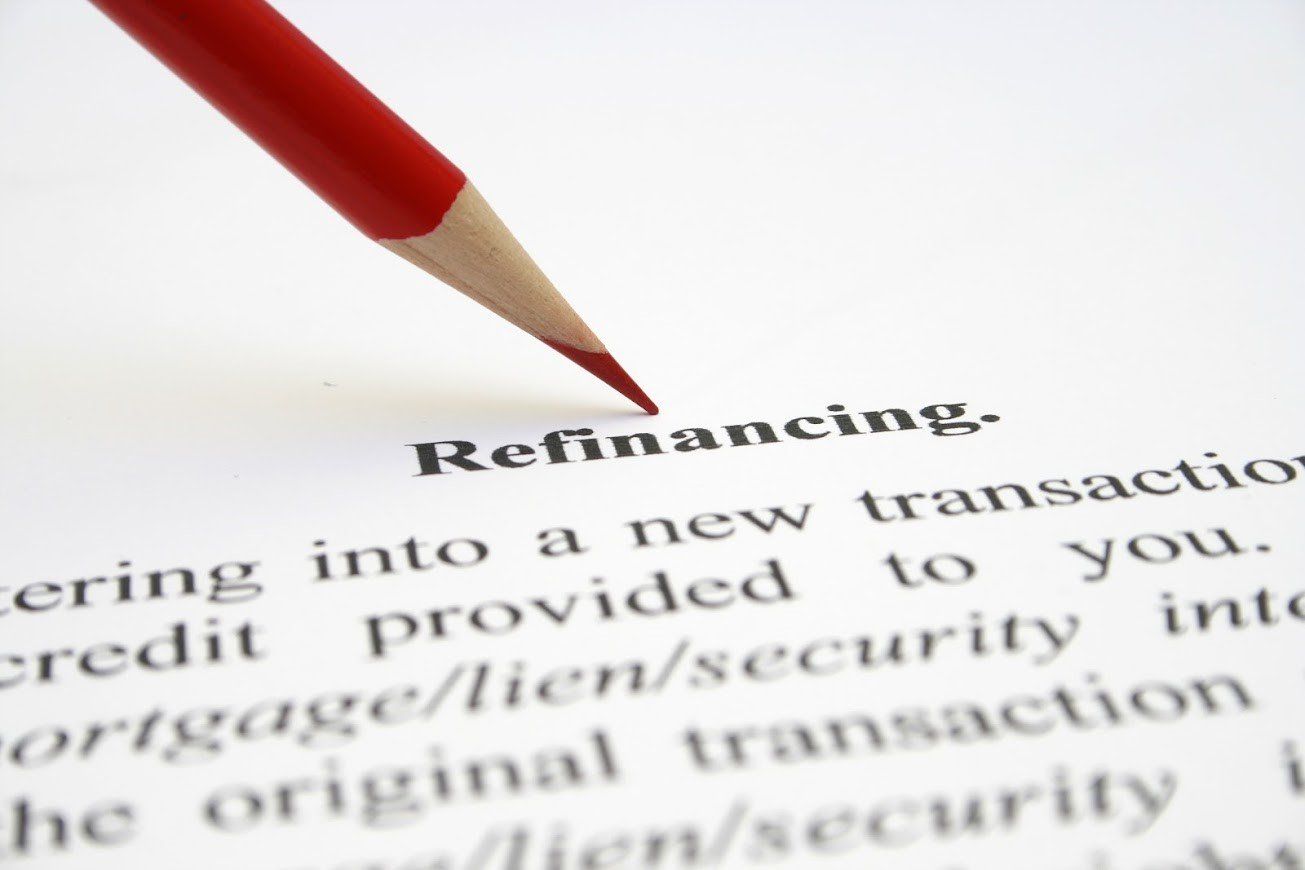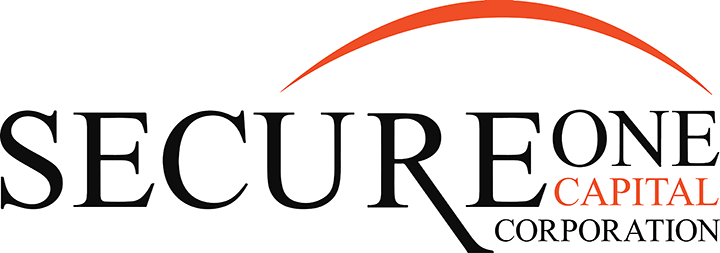5 Reasons You Should Refinance Your Home Loan
When you refinance your home loan, it can feel like a catch-22 because you stand to gain and lose in certain ways. While there will be closing fees such as establishment, valuation, and settlement fees that cost between 2 to 6% of your loan's principal, there are financial benefits as well.
These benefits include shorter loan terms, lower interest rates, and withdrawal from mortgage insurance. Find out five reasons why it’s worthwhile to refinance your home loan.
1. To Obtain a Lower Interest Rate
If you bought your home when the interest rates were high, you could obtain a new loan with a much lower interest rate, which will lower your interest payments. For example, if you took out a 30-year home loan worth $200,000 at an interest rate of 6%, your interest payment is $1,315. With an interest of 3.75%, you'll only pay $926. This leaves you with a monthly savings of about $400.
According to Investopedia, a good rule of thumb is to refinance your loan if you can reduce interest by at least 2%. However, this doesn't mean that a reduction of 1% is futile.
As you settle on a good rate, factor in the closing costs on your previous loan since your savings on interest may not be worthwhile if you end up paying those fees longer than six months.
2. To Shorten the Term of the Loan
The longer the life of your loan, the more you have to pay interest. For example, a 30-year loan worth $200,000 at an interest of 4% will cost you $143,000 on interest, while the same terms for a 15-year loan will only cost you about $66,000.
Taking a shorter-term loan of either 10, 15, or 20 years means you pay off your debt faster than a 30-year home loan and may also help with interest savings. However, some short-term loans have higher monthly payments, so make sure your budget can cater to this increase in interest.
3. To Switch Up Your Mortgage Rates
When you replace your home loan, you can convert from a fixed-rate mortgage (FRM) to an adjustable-rate mortgage (ARM), or vice versa. ARM often has lower interest rates than FRM, but the rate can be higher than fixed-rate mortgages because of seasonal fluctuations.
In this case, a fixed-rate mortgage would be best as it guarantees the same rate throughout the life of the loan, which is lower than adjustable-rate mortgages.
On the other hand, choosing adjustable-rate mortgages can be a financially sound choice if the rates fall and you're not planning to stay in your home for long. You can pay off your loan before the rates rise again.
4. To Opt-Out of Mortgage Insurance Payments
Homeowners who finance their home purchases with a Federal Housing Administration (FHA) mortgage pay higher mortgage insurance compared to homeowners with a conventional mortgage. A conventional mortgage only requires insurance until you reach 20% equity.
As an FHA borrower who has paid up the 20% equity, refinancing into a conventional mortgage could help to stop paying mortgage insurance.
5. To Cater to Expenses
If your house has decent equity, you can tap on this equity and opt for cash-out refinancing, where you can obtain a new loan with a larger amount than what you owed on your previous loan. That extra cash you receive will help you invest in education, do some home remodeling, or cater to short-term financial expenses.
Refinance Today
Refinancing is an excellent financial move, but only if it gets you a shorter-term loan, a low interest rate, and more money to cater to expenses. To make such a bold move, you have to be careful to avoid future financial problems.
Take control of your mortgage by consulting experts. Reach out to Secure One Capital for better rates, better service, and a better mortgage experience.


